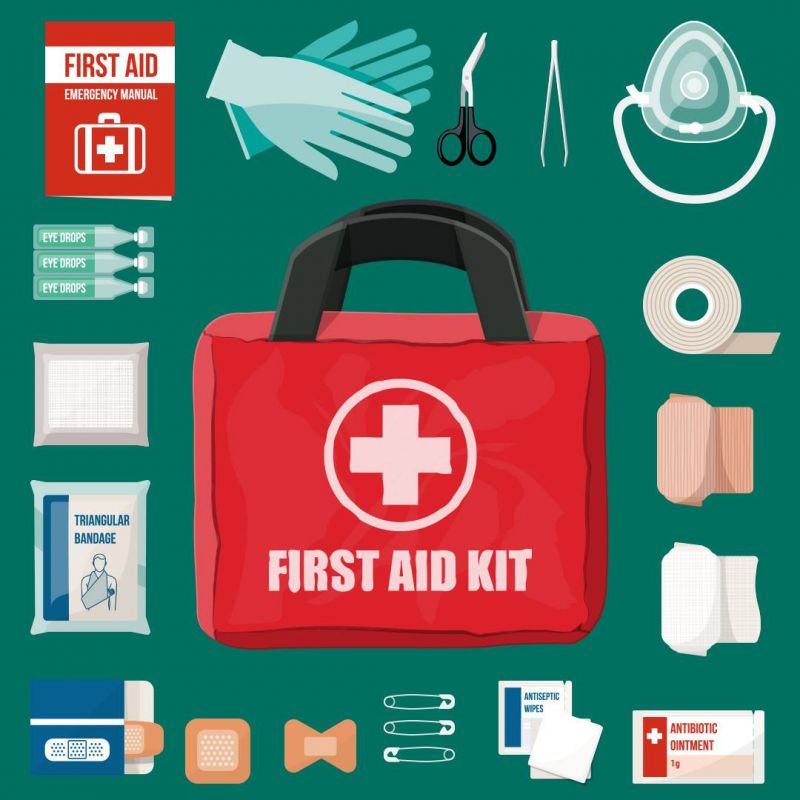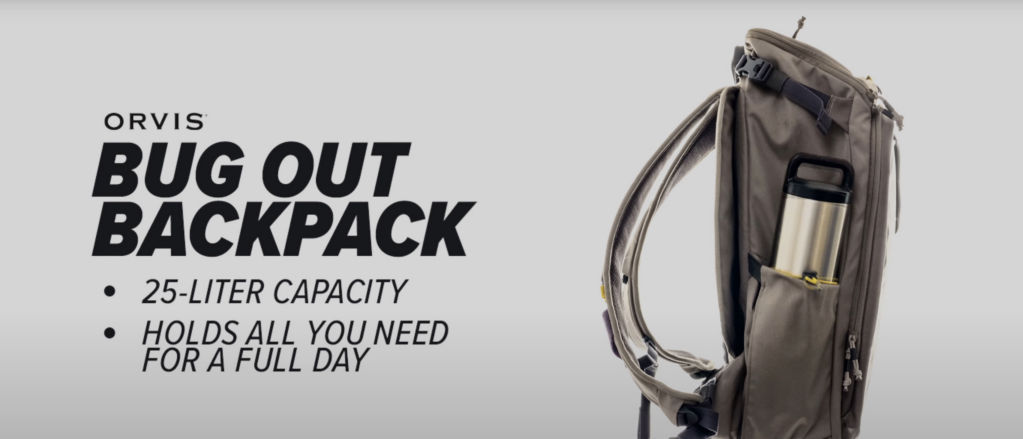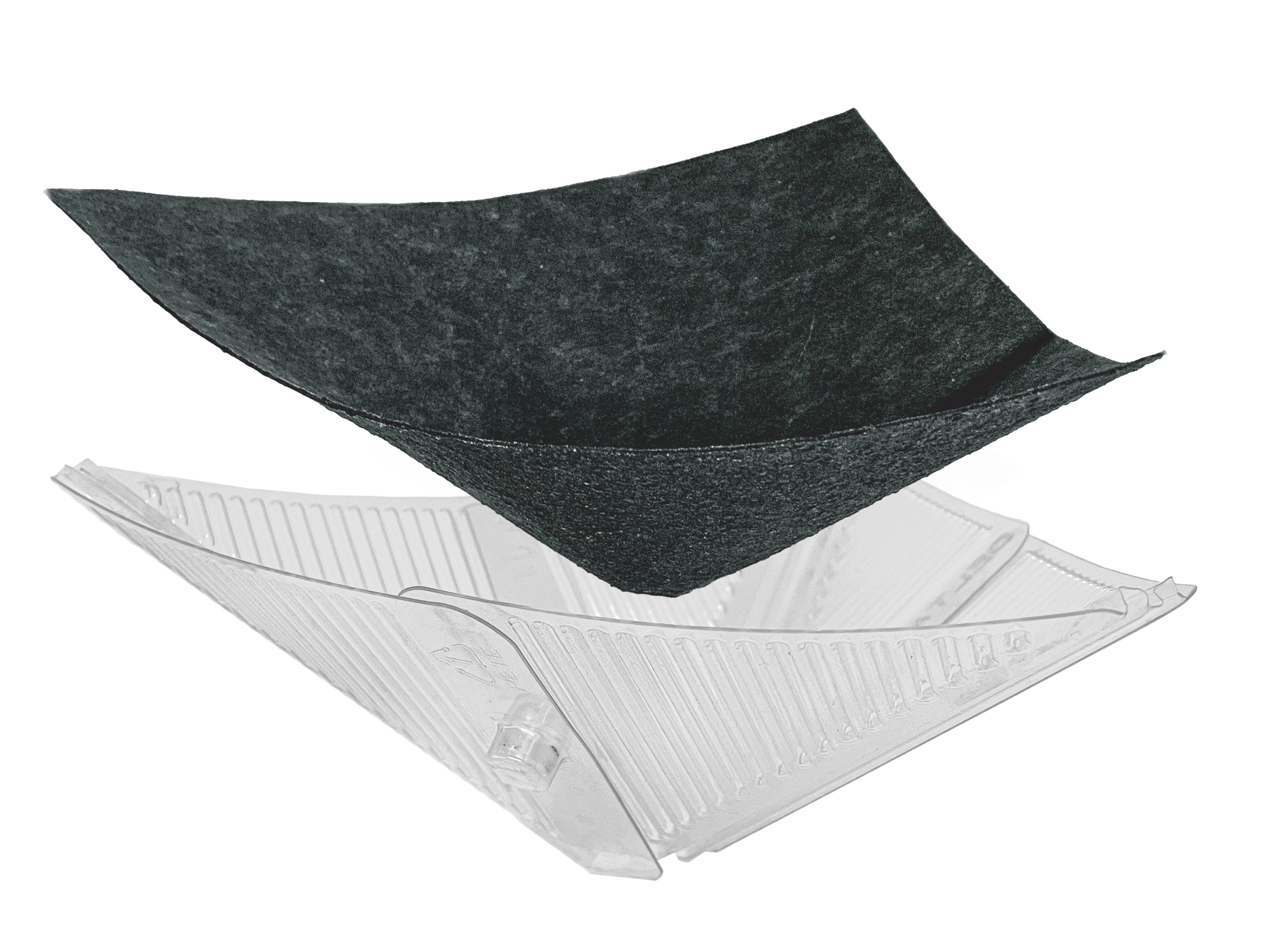
Hurricane Preparedness Week 2020 is just around the corner. Now is a great time to review your hurricane preparedness plan and learn how you can prepare for future hurricanes. The Atlantic hurricane season will start June 1, 2020. The Tropical Meteorology Project issues annual reports detailing the forecast for the season. These forecasts provide an insight into the possibility of a hurricane developing each year in April. They are based on various weather patterns around the world. Norwall PowerSystems and other organizations also publish information about the hurricane season.
Neighbor Helping Neighbor strategy
The National Hurricane Center encourages people and their neighbors to engage in a discussion about hurricane preparedness. Many people depend on their neighbors after a disaster. Neighbor helping neighbor week is a great way to start a conversation and show your neighbors that you are prepared.
There are many options to help neighbors prepare for a hurricane. You can help your neighbors with evacuation orders and supplies. You can also help out by sharing information on social media.
Home Evacuation Plan
You should have a plan in place for evacuation in case of a hurricane. The first step is to check with local emergency officials for evacuation instructions. If you are unable or unwilling to evacuate your home, you may be able to shelter in place until the storm passes. Retrofitting your home to be hurricane-ready is an option if it's not up to code. These improvements are easy to do and don't cost much. Your landlord or manager of a rental property should be consulted if you're renting a home.

Check your insurance policy to ensure you know the location of where to go if you have to evacuate. Officials from the county or city may issue evacuation orders. Plan where you will stay, how you will get there, and what supplies you will need to pack. Register with your County Office of Emergency Management if you need to have a place to sleep.
Prepare a Hurricane Emergency Kit
A hurricane emergency kit preparation is an important step in preparing for a disaster. The kit should contain enough supplies to last at least three days. Additional supplies should include extra batteries, food and water for any power outages. Extra batteries for your cellphone and flashlights are also recommended. A fire extinguisher should be included with instructions on how to use it.
The United States hurricane season typically runs from May through November. The United States has been hit by numerous powerful hurricanes in the past. Galveston's 1900 hurricane claimed 12,000 lives. More than three hundred people were killed by Hurricane Maria in Puerto Rico in 2017. U.S. storms have caused damage totalling hundreds of millions of dollars since 1851. Galveston's 1900 Hurricane killed between 8,000-12,000 people. In 2017, Hurricane Harvey caused damage of $125 billion.
Understanding tropical cyclone terminology
During hurricane season, understanding tropical cyclone terminology is important to stay prepared. It is important to be familiar with key terms such cyclonic circulation (trough), storm surge, and other related terms. These terms are all connected to hurricanes, even though some may seem confusing. You should be aware of the possible effects of a tropical storm on your family and property.
To help people prepare for a hurricane or tropical storm, the NWS issues advisories and tropical cyclone warnings. These advisories can be issued up until 36 hours in advance of the expected tropical storm or hurricane force winds. If water levels are extremely high, advisories and warnings may be in effect for several more days.

WeatherNation WeatherNation WeatherNation: Get Ready for Hurricane Prep Week
National Hurricane Preparedness Week helps you prepare for hurricane season. The week coincides with the beginning of Atlantic hurricane season on June 1, and encourages awareness of possible hazards. To encourage residents living near the coast to prepare for a hurricane, NOAA and local disaster planning groups have partnered with them. Hurricanes can cause severe flooding in the inland, and communities living there should be ready.
Learn as much as possible about tropical hurricanes, especially if you live within a hurricane zone. You can avoid serious damage by understanding the risks and reacting to storms. There is plenty of information and you can be alert.
FAQ
What are the most important skills to survive in the wild
When you live off the land, the most important thing to learn is how to light a fire. You don't just need to light a match, you also need to know how friction and flint can be used to create a fire. You also need to know how to avoid getting burned by the flames.
You'll need to know how to build shelter from natural materials, such as trees, grasses, leaves, etc. To keep warm at night, you'll need to be able to use these materials in the best way. You should also know how much water your body needs to survive.
Other Survival Skills
You can do other things to help you stay healthy, but they're not as vital as knowing how light a fire. Although you can eat many different types of plants and animals, if your fire is not lit, you will be unable to cook them.
You will also need to know where and how to find food, including edible animals. You could become sick or starve if you don't have this knowledge.
What is the most important tool for survival?
Sharp knives are the best tool for survival. It can't be any knife. It must have a sharp edge. You won't get much out of it if you don’t know how to properly use it.
A knife with no blade is useless. A knife with a dull blade is dangerous.
Master craftsmen are skilled in making the best knives. They take pride in their work and make sure that every knife is flawless.
They keep their blades clean and sharpen them regularly.
Make sure the knife feels comfortable in your hands before you purchase it. You should feel at ease with the knife in your hands.
The handle should not have any sharp edges.
If you find any flaws in the knife, contact the seller to have them fixed. Do not accept a knife that does not feel right in your hands.
Why basic survival skills are important
Even though you might not have immediate access to water and food, it is possible to survive if you are prepared.
You must learn how to take care of yourself and others. You won't survive in a crisis if this is not something you know.
You will need to know how to make shelters, light fires, and locate food if you go into the wild.
These are vital skills that everyone must have. They will help you to stay safe and healthy while on a camping trip.
What are some of the most important skills for survivalist camping?
Prepare yourself for all eventualities when you travel on an adventure. You have to learn how to survive in extreme conditions.
You need to be prepared for every type of weather. If you don't take these precautions, you might end up dying.
What can you do when faced with a survival situation
It is not easy to think of what to say next. So you need to make sure you are prepared for anything. Be prepared to deal with any unexpected problem.
It is important to be flexible and willing to learn if you find yourself in an unfamiliar situation.
In a survival situation, you'll probably face problems like:
-
You feel trapped in remote locations
-
Getting lost
-
Limited food supplies
-
Low on water
-
Facing hostile people
-
Facing wild animal
-
Finding shelter
-
Predators being fought
-
Lighting the fire
-
Tools
-
Building shelters
-
Hunting
-
* Fishing
Statistics
- Without one, your head and neck can radiate up to 40 percent of your body heat. (dec.ny.gov)
- so you can be 100 percent hands-free, and there's less chance you'll put your torch down and lose it. (nymag.com)
- The downside to this type of shelter is that it does not generally offer 360 degrees of protection and unless you are diligent in your build or have some kind of tarp or trash bags, it will likely not be very resistant to water. (hiconsumption.com)
- We know you're not always going to be 100% prepared for the situations that befall you, but you can still try and do your best to mitigate the worst circumstances by preparing for a number of contingencies. (hiconsumption.com)
External Links
How To
How to Dress a Wound
It takes a lot to learn how a wound is treated. You must know basic knowledge, such as anatomy, physiology, and medical instruments. In order to properly treat a wound, you must have sufficient experience. Follow these steps if you wish to treat a wound.
-
Clean the wound thoroughly. Make sure the wound does not contain dirt and foreign objects. Wrap the gauze around the wound after cleaning it. Before touching the wound, wash your hands with clean water.
-
Apply pressure. Two fingers should be placed under the skin around the wound's edge. Gently but firmly press. This is a good way to stop bleeding.
-
You must properly cover the wound. Cover the wound with sterile bandage material. Nonwoven fabric, surgical tape and adhesive strips are all options for sterile bandages. Keep pressing down until the wound heals completely.
-
Monitor the wound after treatment. Be on the lookout for signs such as swelling, fever, pain, pus, pus, or reddening of the wound. These signs can indicate that the injury has become infected. Get to your doctor right away.
-
It is important to remove the bandage every day. Replace the bandage each day or whenever you notice signs of infection.
-
Wash the wound area with soap and warm water. Follow the directions on your package. Do not use alcohol because it may dry up the wound.
-
Avoid scratching the wound. The wound will bleed again if it is scratched.
-
Be careful during bathing. Bathing increases the risk of getting an infection.
-
Always take good care of the wound. Your body temperature may rise as you heal from surgery. A high temperature could cause complications. Therefore, keep the wound cool and dry.
-
If you feel uncomfortable, get help. If you feel uncomfortable call 911 or go directly to an emergency room.